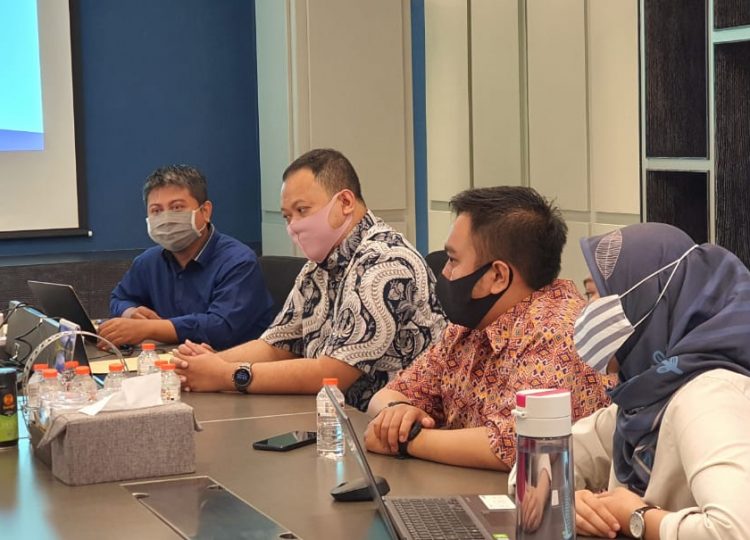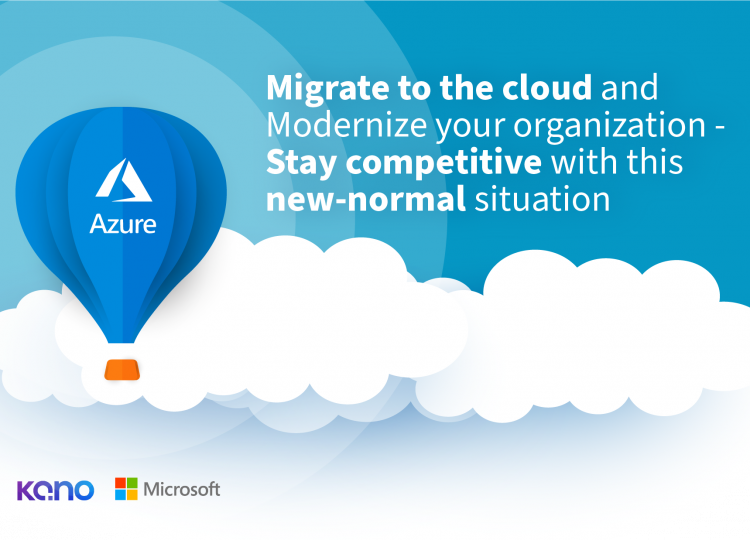How to find a successful ERP implementation
To achieve optimal productivity of company performance, a system is needed to support activities. Manual systems such as manual attendance or manual payroll, require a lot of effort, time and money. Of course, it has an effect reducing the efficiency and effectiveness performance. By using an integrated and automate system, the company can streamline the business processes and produce optimal performance.
Why is it so?
With automated business process, it will simplify and shorten the time, making it easier for companies to make the decision. Enterprise Resource Planning or ERP is a software system that can ensure your information systems are able to support and enhance your business as you expand with an integrated and automated business process. ERP is deployed to automate and computerize the core processes, functions, flows and systems of a business by streamlining all these into a comprehensive process.
How important is ERP?
1. Cutting the budget
Manual process often take a long time to finish the work, it requires lot of budget, time and accuracy. With ERP system transforms it into automated and streamline the business process and at the end it will cut the cost
2. Increase employee performance
With an integrated system, it will make easier for employees to complete their work quickly without spending lot of time and focusing on tasks that are more complex and require personal handling. Even at the managerial level, this automated business process can help them to assess company performance in real time so that it can speed up the decision-making process. The assessment is needed as a reference because in the free market era, it sometimes requires companies to change their strategies to be more adaptive and competitive.
So what’s the best way to find the ERP solution that’s going to be the best fit for your organization? Here are five steps to help you choose the right software for your organization:
1. Define your specific business process and requirements
The core purpose of every ERP system is to facilitate a business in streamlining its processes and functions. A company needs to be detailed in needs and requirements. Ask your partner to demonstrate the ERP system as your requested and then evaluate the technical fit, does it meet the needs? It is very important to evaluate the system to know detail about the ERP product. Is it compatible with existing system or is it customizable? This means that possible partners can be detailed in their proposals, and you can provide your business with the best fit.
2. Look for ERP expertise and keen business insight
To decide the best fit ERP for your company, you need to do extensive review about the system. Find the experience and expertise partner that has high commitment to help you in implementing the system on time and on budget. Consider partner reputation and client review. A partner with good customer references has demonstrated an ongoing commitment to customer success, beyond the initial sale.
3. Evaluate the cost of ERP
After you find several partners which provide the best fit ERP, the next step is evaluate the cost of ERP. Do your research about the pricing including implementation and integration or any additional charges. ERP system can be expensive. Be sure to uncover “hidden costs” associated with ERP such as regular
system update or training cost, hardware upgrades, backfilling project team resources, software maintenance, etc.
4. Consider about the implementation and deployment
It is important to develop a comprehensive project plan that includes not just the activities required to install the software, but the ones that are required to ensure that the solution is fully functional, tested, and accepted by end-users. Make sure your partner has the best implementation methodology to ensure your project is executed
in time. The faster you’re up and running, the greater your user buy-in, and the sooner you’ll start seeing a return on investment. By the end of the discussion, you should have a clear roadmap implementation.
5. Customer support after the implementation
Ask for the customer support after the implementation, what is look like and how long they will take care of it. Do they provide additional training or any support after implementation? ERP system requires maintenance and care to keep it running, your partner should be proactive in helping you identify the challenge.



